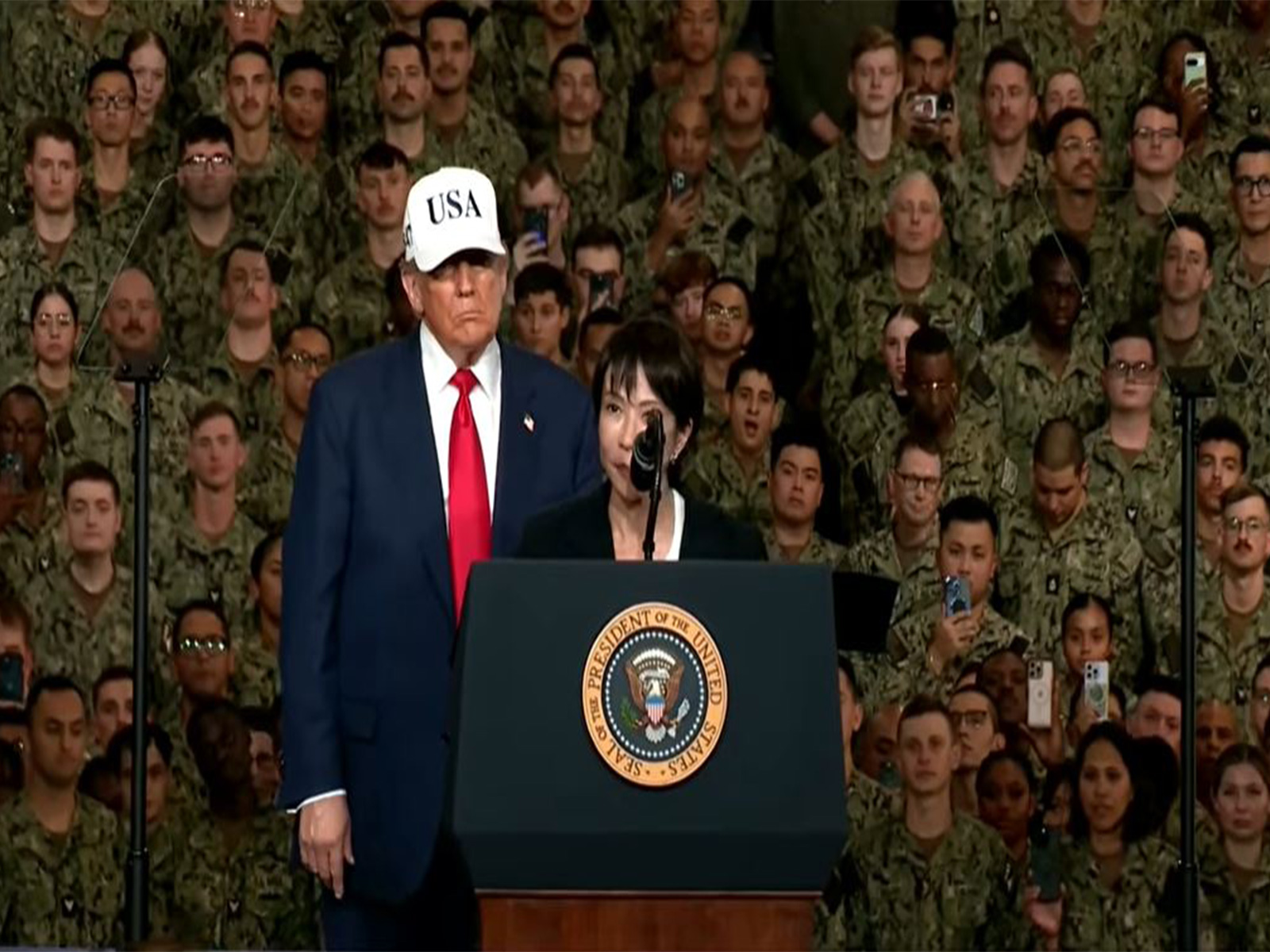Japan Faces LNG Import Dilemma Amid U.S. Pressure
Japanese Prime Minister Sanae Takaichi discussed the challenges of banning Russian LNG imports with U.S. President Donald Trump. Russian LNG constitutes nearly 9% of Japan's total imports. Japan faces pressure to adopt U.S. sanctions against Russian energy but is concerned about economic repercussions.

In a recent meeting in Tokyo, Japanese Prime Minister Sanae Takaichi emphasized to U.S. President Donald Trump the complexities involved in halting Russian LNG imports, as outlined by Japanese government officials to the Nikkei business daily.
Currently, Russian LNG makes up almost 9% of Japan's total imports, with Japanese companies like Mitsui and Mitsubishi holding stakes in the Sakhalin-2 project. The U.S. has been advocating for countries purchasing Russian energy, such as Japan, to cease imports amid its sanctions against Russia's largest oil exporters, Rosneft and Lukoil, in a move aimed at pressuring Moscow into peace negotiations regarding the Ukraine conflict.
Takaichi, who recently became Japan's first female prime minister, highlighted that Japan's withdrawal could lead to China and Russia benefiting instead, and appealed for U.S. understanding of Japan's energy needs. Japan is increasing U.S. LNG imports as part of a diversification strategy and anticipates higher costs and electricity prices when its Sakhalin-2 supply contracts expire between 2028 and 2033. Japan's reliance on Middle Eastern oil remains substantial, with less than 1% imported from Russia.
ALSO READ
-
Historic First: Sanae Takaichi Becomes Japan’s Prime Minister
-
PM Modi speaks with new Japanese PM Sanae Takaichi; congratulates her on assuming office.
-
Diplomatic Chess: Xi Jinping and Sanae Takaichi's Potential APEC Meeting
-
A New Chapter: Sanae Takaichi's Historic Role as Japan's First Female Leader
-
Japanese Prime Minister Nominates Trump for Nobel Peace Prize









